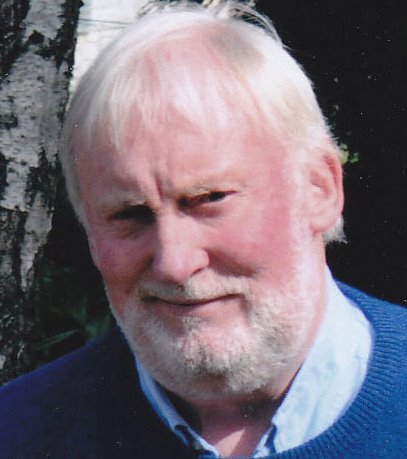 In my tiresome way, I am writing again about the annual Scottish Stroke Care Audit. You can read what I have said in the past by clicking here.
In my tiresome way, I am writing again about the annual Scottish Stroke Care Audit. You can read what I have said in the past by clicking here.
While some of our politicians are playing musical chairs and saving the foxes – or is it playing musical foxes and saving the chairs? – at Westminster, this year’s report describes in a series of statistics the current state of play for stroke care in the real world, for real stroke patients in Scotland.
You can go to the relevant website and see full and abbreviated versions of the report by clicking here.
Statistics of this kind are, of course, a sere, impassive front for the real, gut-wrenching human stories behind them. Nor do they convey the passion and dedication of the clinicians who treat stroke patients on a daily basis. To describe all of that would require several volumes and a few boxes of tissues for the reader.
Anyway, as you are probably short of time, here are some facts and statistics from this year’s report, which covers the year 2014. I won’t dwell on the two spelling mistakes on page 2 (Section 1) of the full report:
- Health and social care is wholly devolved to the Scottish Government
- There are 14 territorial NHS Boards in Scotland
- Stroke continues to be a clinical priority for NHS Scotland
- Instead of individual standards being applied to each process used in treating patients, a “Bundle” measure is now to be used in these reports
- The Stroke Care Bundle consists of timely stroke unit admission; swallow screen; brain scan; aspirin (where appropriate).
- the Bundle statistics from this year’s report will be used as a baseline measure for future performance
- Proportion of individuals receiving the Bundle within target time in Scotland as a whole – 58%
- Number of NHS Boards exceeding 80% for the Bundle – 1 (Borders)
- Worst performing Board for the Bundle – less than 50% (Glasgow)
There’s more, but you’ve probably had enough for now. For me there are three things that scream out from this report –
- Is this the best we can do for the 1 in 6 people who will have a stroke in the 21st century in a rich country?
- The inequality of provision across the country
- The absence of any measures of the quality of post-acute stroke care in the community – a real day to day concern for those who survive a stroke
There is a great deal of excellent work being done for stroke patients across the country by clinicians, allied health professionals and charities, but a great deal remains to be done. As the report admits:
There remain areas of significant challenge:
The number of appropriate Scottish stroke patients receiving thrombolysis within 1 hour of arrival at hospital has improved from 29% to 34%, but this is still a considerable distance from the Scottish Stroke Care Standard of 80%.
For Carotid Endarterectomy, only 42% of stroke patients had their operation within the 14 day Scottish Stroke Care Standard which again is still a considerable distance from the standard of 80%.
Innovative service redesign is required in both these areas to improve patient care.
Indeed. Politicians please note – better resources here, some service redesign there, some good shared learning across the Boards everywhere.
Let the chairs and foxes fend for themselves.
